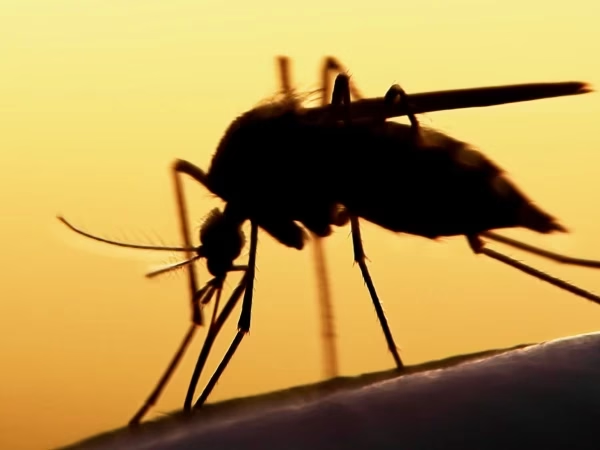The winter season has finally brought relief as dengue cases in Rawalpindi show a noticeable decline. Health officials report that the drop in temperature is directly limiting the breeding and activity of dengue mosquitoes across the district. After months of consistent monitoring, medical teams are now observing encouraging improvements as the season changes.
Temperature Drop Reduces Dengue Activity
According to the Rawalpindi Health Department, the colder weather has slowed down mosquito movement and breeding cycles. Only 10 new dengue cases were reported in the last 24 hours, a significant decrease compared to the peak months. Currently, 10 patients are under treatment in various hospitals, and health authorities confirm that the number is expected to decrease further as winter intensifies.
Dr. Jawad, the District Health Officer, shared that a total of 1,548 positive cases have been documented in Rawalpindi since the beginning of the year. Despite the high number of infections earlier in the season, he highlighted an important and reassuring fact — no deaths have been reported so far. This is largely attributed to timely patient management, early diagnosis, and widespread public awareness campaigns.
Extensive Screening and Surveillance Efforts
To keep the situation under control, the Health Department conducted extensive dengue screening operations across the district. A total of 236 individuals were screened this season, helping officials identify hotspots and track the movement of the virus. Meanwhile, 1,361 surveillance teams have been active since January 1, 2025, visiting urban and rural areas to search for mosquito breeding sites.
Health teams inspected more than 6.6 million houses, a massive effort that reflects the scale of the dengue prevention campaign. During these visits, inspectors discovered over 214,000 larva hotspots. Out of the locations checked, 29,274 larvae were found positive in 1.96 million sites. Altogether, 243,300 larvae were removed — a crucial step toward controlling dengue cases in Rawalpindi.
Strict Action Against SOP Violations
To prevent further spread, authorities intensified actions against individuals and businesses violating dengue Standard Operating Procedures (SOPs). The district administration registered 4,852 FIRs, sealed 1,945 buildings, and issued 3,767 challans for negligence. These measures were aimed at ensuring strict compliance with cleanliness and water management, which are essential for preventing mosquito breeding.
CO Health Rawalpindi, Dr. Ehsan Ghani, revealed that fines amounting to Rs 11.439 million were collected from violators. Officials believe that these penalties played a significant role in discouraging carelessness, especially in high-risk neighborhoods.
Why Dengue Declines in Winter
Experts explain that dengue mosquitoes, particularly the Aedes aegypti species, thrive in warm and humid environments. Their breeding rate decreases sharply in cold weather. During winter, mosquito eggs, larvae, and pupae struggle to survive, leading to a natural reduction in transmission.
This seasonal pattern is one reason why dengue cases in Rawalpindi typically drop in late November and December. However, health professionals warn that while winter brings relief, the threat is not completely eliminated. Eggs laid earlier can survive for months and may hatch once temperatures rise again.
Citizens Still Advised to Stay Cautious
Despite the positive trend, the Health Department continues to urge the public to follow preventive measures. Stagnant water — even in small quantities — remains the most common breeding ground for mosquitoes. Citizens are advised to:
- Keep water tanks tightly covered
- Clean rooftop water containers weekly
- Remove standing water from flowerpots and trays
- Use mosquito repellents during morning and evening hours
- Keep home surroundings clean and clutter-free
Authorities emphasize that public cooperation is essential for keeping dengue cases in Rawalpindi under control, especially as weather conditions fluctuate.
With temperatures expected to fall further in the coming weeks, health experts predict an even sharper decline in dengue activity. Still, they maintain that surveillance, inspections, and awareness campaigns will continue throughout the winter season to ensure long-term success.
The decline in dengue cases in Rawalpindi is a promising development, but health officials remind residents that consistent caution is key to preventing future outbreaks. As winter progresses, the district hopes to maintain this positive trend and enter the next season with a significantly reduced risk of dengue spread.



